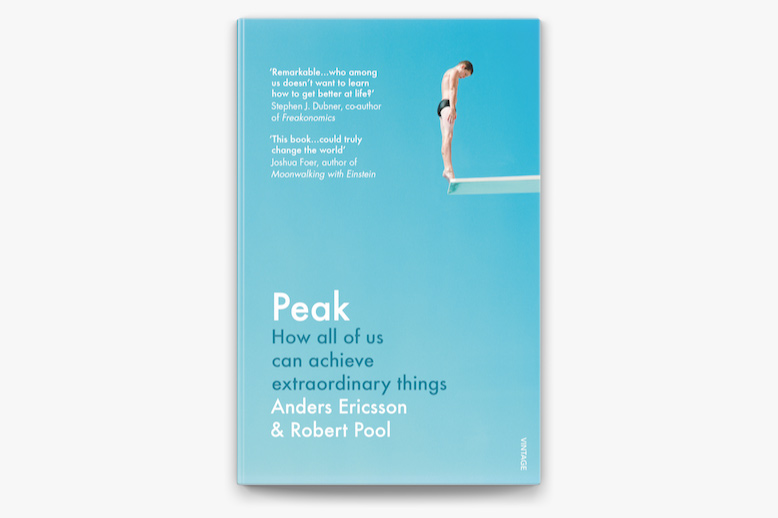If you’re tired of “become-an-expert-overnight” self-help books, then we’d like to introduce you to Anders Ericsson and Robert Poole’s research. Their book “Peak: Secrets from the New Science of Expertise” packs in a lifetime of research on mastery. Don’t be put off by the book’s somewhat click-bait sub-title: this is the most helpful resource we’ve found on personal development. Study this book if you are serious about mastering your craft.
The fundamental lesson from the book is simple and clear: effective practice over sufficient time leads to expert level performance. Their book goes into the details of how to deliberately structure practice to make it truly effective. These Deliberate Practice principles (you might even call them secrets) are the difference between moving towards mastery or getting stuck on a development plateau.
Before sharing the principles of Deliberate Practise, it’s worth debunking some myths that Ericsson addresses.
Mastery myths
Myth 1: People who achieve mastery of a skill have some extraordinary natural talent that most other people don’t possess. This is a widely de-bunked myth and Ericsson’s team has done most of the research which brought it down. If you still believe that talent is a critical factor, he has a chapter addressing this specifically (or you can also see Growth Mindset)
Myth 2: Long hours of practice will lead inevitably to expert-level performance (did anyone mention 10,000 hours?). Sadly – this is not necessarily true. Many of us spend time practising in a haphazard way which won’t do anything to increase performance: in fact, skills may even fade over time. If you’re in doubt, consider what happens when a keen young tennis player stops intensive coaching and competitive play after leaving college. As they play fun games against the same few friends each week for the following years, they will gain many more playing hours. However, their skills are likely to decline without the focussed practise and breadth of competition they faced at college. The more automated the performance, the less the player learns.
Ericsson calls this unfruitful approach ‘naïve practice’. ‘Deliberate practise’ is a different beast altogether: read on if you want to discover what makes it the pedigree form of practice.
Deliberate Practice
The good news is that there are clear steps you can take for consistent improvement – just don’t expect it to be easy! Deliberate practice has seven elements, which together form the gold standard in practice. From chess masters to world class surgeons, these principles have been shown to lead to world class performance.
- Work towards well defined, specific performance goals.
- Take baby steps to develop the skills you need by breaking them down into component parts which can be practised (micro-goals)
- Engage a coach/teacher who can help you identify what to work on and how to devise practise experiences
- Build in methods to obtain fast feedback on performance and act on what you learn
- Turn your effort up to 11. This means regular practise with near maximum effort, outside your comfort zone and focussing fully. Unfortunately, if you’re relaxed and having fun, it’s probably not going to be effective for making rapid progress.
- Capture what you have learned in mental models. For example, a model like Situational Leadership can help a manager to identify an appropriate communication style depending on the team member’s readiness level. As the manager practises more and refines how they use the model, they will increasingly make good decisions on leadership style, even in complex and fast changing situations.
The above process needs some ideal conditions, which might not apply to the expertise you want to develop. For example, to deliberately practice the optimum skills, you must be in a well developed field, so that the route to high performance is already understood.
The good news however, is that you can improve how you practise by adopting as many of these principles as your situation allows. If you are not able to get an expert coach/teacher, perhaps you can look for advice from the best performers in your network.
This is a very light touch on an extensive and powerful subject. We’ll be adding more posts in the future with a focus on how to apply this model to workplace learning.
In the meantime take a look at this video for a deeper dive in to the book.





